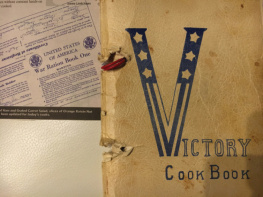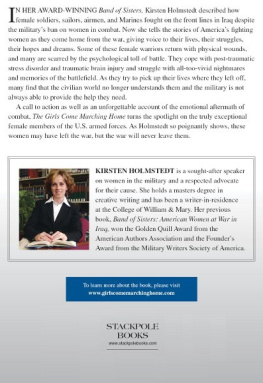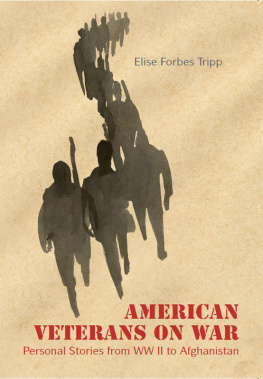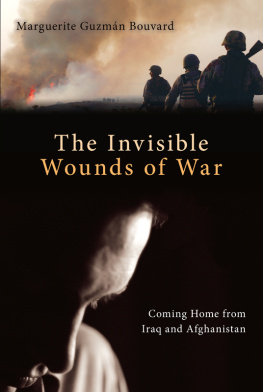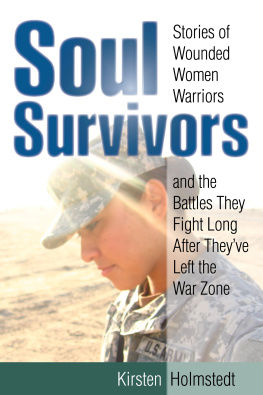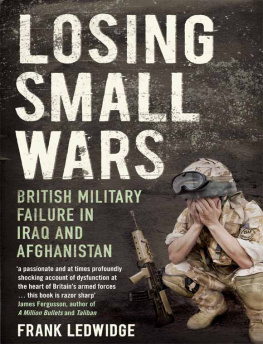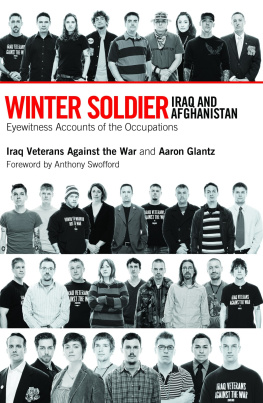What people are saying about
Home of the Brave
Despair in rural communities and alienation among combat veterans are two of the biggest challenges facing our country. Donna Bryson gives a detailed and honest accounting of how residents of a struggling Colorado town revitalized their community by helping veterans desperately looking for a place to call home. From the Girl Scout who urges customers to donate cookies to the veteran's center, to the veteran's support meetings and the city council meetings, Bryson's unsentimental reporting and eye for detail takes the reader through the small victories and frequent setbacks faced by the well-intentioned people of Montrose as they grasped the enormity of their challenge. This book reminds us that compassion, kindness and service can transform lives and inspire entire communities and is a blueprint for others who want to make a difference.
Chris Tomlinson, author of the New York Times Bestseller Tomlinson Hill: The Remarkable Story of Two Families Who Share the Tomlinson Name - One White, One Black.
The story of one woman touched by the pain of veterans to build them a community and in the process define her town. The writing is powerful and the book is amazing in that it shows how far one person can change her own life and the lives of others.
Toula Vlahou, co-author with Brian Murphy of 81 Days Below Zero: The Incredible Survival Story of a World War II Pilot in Alaska's Frozen Wilderness
A tragic consequence of America's commitment to war is its veterans who commit suicide or suffer PTSD. Sadly, few Americans offer help to our wounded. Donna Bryson's fine book describes a small town, Montrose, Colorado where people and programs come together and offer a place where healing occurs. This book is a must read for community leaders in our towns and cities. It's time to understand the consequences of our wars, time to care for those our wars have crippled.
Edward W. Wood Jr., author of On Being Wounded, Beyond the Weapons of Our Fathers and Worshipping the Myths of World War II: Reflections on America's Dedication to War.
First published by Chronos Books, 2018
Chronos Books is an imprint of John Hunt Publishing Ltd., Laurel House, Station Approach
Alresford, Hants, SO24 9JH, UK
www.johnhuntpublishing.com
For distributor details and how to order please visit the Ordering section on our website.
Text copyright: Donna Bryson 2017
ISBN: 978 1 78535 636 0
978 1 78535 637 7 (ebook)
Library of Congress Control Number: 2017932672
All rights reserved. Except for brief quotations in critical articles or reviews, no part of this book may be reproduced in any manner without prior written permission from the publishers.
The rights of Donna Bryson as author have been asserted in accordance with the Copyright, Designs and Patents Act 1988.
A CIP catalogue record for this book is available from the British Library.
Design: Stuart Davies
Printed and bound by CPI Group (UK) Ltd, Croydon, CR0 4YY, UK
We operate a distinctive and ethical publishing philosophy in all areas of our business, from our global network of authors to production and worldwide distribution.
Contents
To my family
Essayons
Motto of the U.S. Army Corps of Engineers
It's a Black-White Thing (Tafelberg, 2014)
Acknowledgments
My thanks to Chronos Books for taking on this book, flaws and all.
The flaws are entirely my own. As to the rest, I am grateful to scores of people who gave generously of time, experience and expertise. First and foremost among my benefactors are veterans and non-veterans in Montrose, Colorado, many of whom put up with repeated interviews over four years. I also was able to consult in person or through their writings with others who have devoted themselves to the well-being of veterans across Colorado and the United States and national experts in mental health, the economy, military history and the science and politics of marijuana. Many of those I tapped are proud veterans. Most are named in the narrative; those who are not nonetheless helped shape my thinking and writing and added authority to those who are. All are credited in a bibliography and a list of those interviewed at the end of this work.
Judi Buehrer welcomed me into the Colorado Press Women writers group. She and the other members strengthened this book month by month, chapter by chapter, line by line, extraneous comma by extraneous comma.
I hope other writers benefit from as varied and talented a safety net. And I hope communities like Montrose find inspiration in these pages.
Introduction
I call Denver home. These days, flocks of construction cranes roost in the heart of Colorado's capital. Chitchat over dinner at yet another new restaurant is often about rising rents.
The contrast is stark when reporting assignments take me across the Rocky Mountains to the Western Slope, a region of small towns, farms, ranches, hunting grounds and rugged tourist attractions.
On the Western Slope, I might find one Main Street storefront touting a grand opening, only to see a for rent sign in a dusty window a few doors down. Other American small towns have similar complaints. Perhaps it's the very lack of wealth as defined by building projects and rosy employment statistics that has encouraged rich inventiveness and innovation in this other America.
I first visited western Colorado's Montrose while writing an article about an intriguing grassroots program to support war veterans. I initially found in Montrose a nostalgia for more secure times; a sense of isolation; a worry that the future is rushing away along with all the young people seeking opportunity elsewhere. The mood would be familiar in many communities.
But Montrose had the audacity to look for solutions by taking on yet another conundrum: Can those on the sidelines of an enormous conflict find a way beyond saying thank you for your service to support America's warriors? In this part of the country, the phrase freedom isn't free trips easily off lips. Montrose showed it takes the responsibilities of democracy seriously when it set out to remake itself as a place where former fighters could be nurtured. And the mood in Montrose began to shift.
The non-profit project, christened Welcome Home Montrose when it got started, hosts a biannual outdoors festival that brings vets from across the country to hunt and fish. Welcome Home Montrose helped the town of 20,000 people and county of 40,000 develop a white water river park they hope will boost local tourism. The project also organized internships that offered young wounded vets a chance to consider what they would do with the rest of their lives now that they were no longer fit to fight.
A volunteer-run drop-in center is the engine of the project. There, vets can get a cup of coffee along with counseling and advice on jobs and training. Men and women who made the choice to volunteer to fight in strange lands can start to feel at home again at the drop-in center, and encounter people who stepped up to welcome them.
Montrose exemplifies a very American determination. Our nation also has been defined, for better or worse, by a war for each generation. For this generation, it is not everyone's war. While, as one vet put it to me, the rest of America was at the mall, the same volunteers, often from hometowns that resemble Montrose, have been asked to serve longer and longer and more and more often. Less than one percent of Americans have fought in the wars that followed 9/11.


